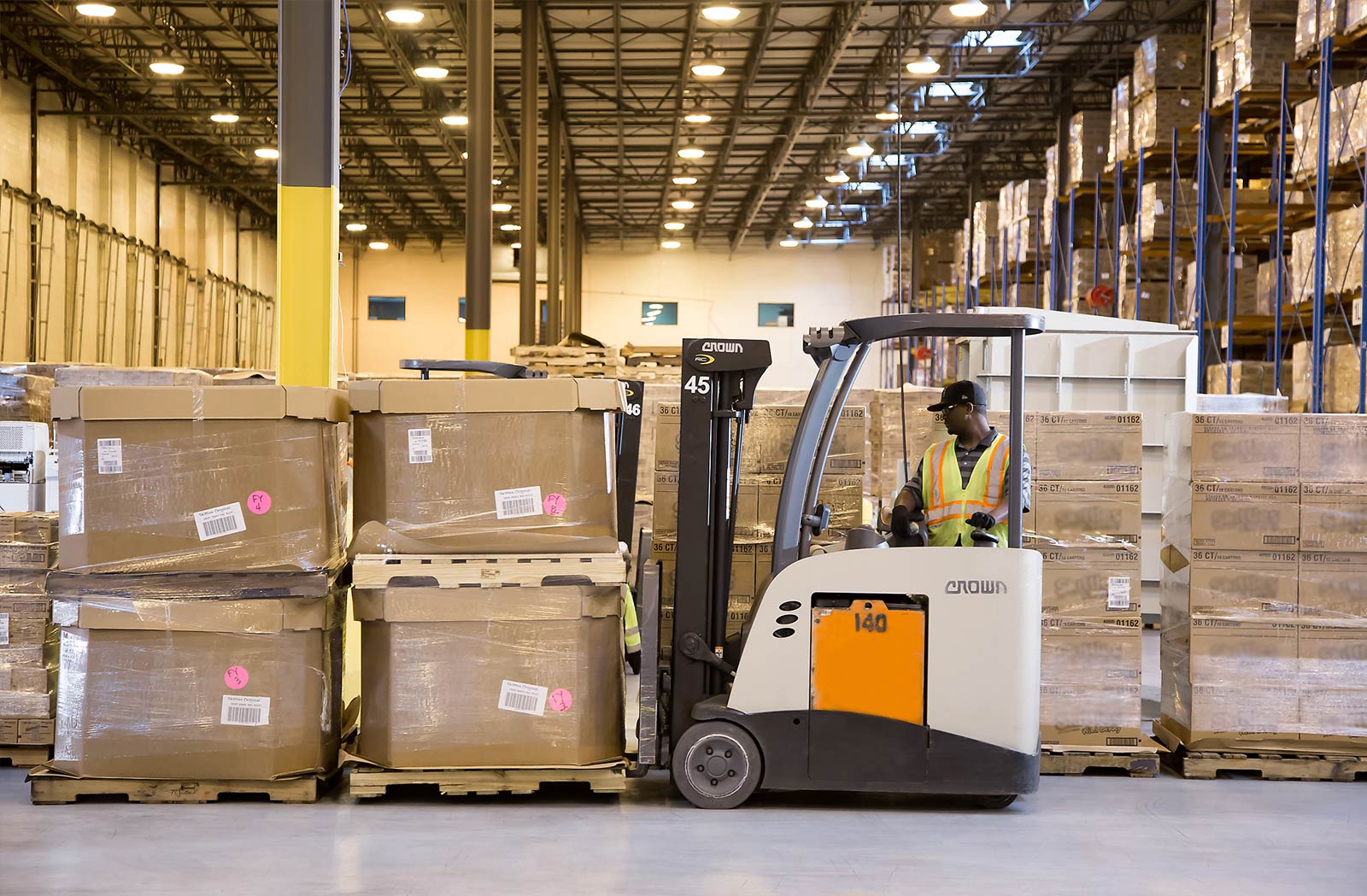A Guide to a Career in Packing and Assembly.
The packing and assembly industry offers stable employment opportunities for workers across various skill levels and backgrounds. This sector encompasses roles in warehouses, manufacturing facilities, distribution centers, and logistics operations where products are prepared, packaged, and assembled for shipment to consumers and businesses. With the continued growth of e-commerce and manufacturing, packing positions remain in consistent demand, providing entry-level workers with pathways to develop valuable skills while contributing to essential supply chain operations.

Benefits of a Packing Job
Working in packing roles provides several advantages for job seekers entering the workforce or transitioning between careers. These positions typically offer flexible scheduling options, including part-time, full-time, and shift work arrangements that can accommodate various personal circumstances. Many packing jobs require minimal prior experience, making them accessible to individuals seeking immediate employment opportunities.
The work environment in packing facilities often promotes teamwork and collaboration, allowing employees to develop interpersonal skills while working toward common productivity goals. Additionally, many companies provide on-the-job training programs that help workers acquire transferable skills in logistics, quality control, and inventory management. These competencies can serve as stepping stones to supervisory roles or positions in related fields such as warehouse management or supply chain coordination.
Different Types of Packing Jobs
The packing industry encompasses diverse role categories, each with distinct responsibilities and requirements. Manual packing positions involve hand-packaging products into boxes, bags, or containers according to specific guidelines and quality standards. These roles are common in food processing, retail fulfillment, and small-item manufacturing environments.
Assembly packing combines product assembly tasks with packaging responsibilities, where workers may construct items before preparing them for shipment. This type of work is prevalent in electronics manufacturing, toy production, and furniture assembly operations. Machine operation roles require workers to operate automated packing equipment, monitor production lines, and perform basic maintenance tasks on packaging machinery.
Quality control packing positions focus on inspecting packaged goods for defects, ensuring proper labeling, and maintaining compliance with industry standards. Specialized packing roles exist in industries such as pharmaceuticals, where workers must follow strict protocols for handling and packaging medical products or controlled substances.
Required Skills for a Packer
Success in packing roles depends on developing both physical capabilities and technical competencies. Physical stamina and dexterity are essential, as most positions require standing for extended periods, lifting packages weighing up to 50 pounds, and performing repetitive motions with accuracy and speed. Hand-eye coordination helps workers efficiently handle small components and maintain quality standards.
Attention to detail is crucial for following packing specifications, reading work orders, and identifying potential quality issues. Basic math skills enable workers to count items accurately, calculate package weights, and understand measurement requirements. Time management abilities help packers meet productivity targets while maintaining quality standards throughout their shifts.
Communication skills facilitate effective collaboration with supervisors and team members, especially when reporting problems or requesting assistance. Familiarity with basic computer systems or handheld scanners is increasingly valuable as many facilities use digital inventory tracking and order management systems.
How to Start Your Career in Logistics
Beginning a logistics career through packing positions requires strategic planning and targeted job search approaches. Start by researching local distribution centers, manufacturing facilities, and third-party logistics providers in your area to identify potential employers. Many companies post entry-level packing positions on job boards, company websites, and staffing agency platforms.
Consider working with temporary employment agencies that specialize in warehouse and logistics placements, as these organizations often have established relationships with major employers and can provide immediate work opportunities. Some positions may transition from temporary to permanent based on performance and business needs.
Prepare for the application process by emphasizing relevant experience, even if not directly related to packing work. Customer service roles, retail positions, and other jobs requiring attention to detail and physical activity can demonstrate transferable skills to potential employers. Highlight reliability, punctuality, and willingness to learn new processes during interviews.
Research basic logistics terminology and warehouse safety practices before starting work to demonstrate initiative and professionalism. Understanding concepts such as inventory rotation, quality control procedures, and workplace safety regulations can help new employees adapt more quickly to their roles.
Employment in packing and logistics typically offers opportunities for career advancement through cross-training in different departments, pursuing supervisory positions, or specializing in areas such as inventory management or quality assurance. Many successful logistics professionals began their careers in entry-level packing roles and developed expertise through consistent performance and continued learning.
The packing and assembly industry provides accessible entry points into stable employment with opportunities for skill development and career growth. By understanding the various role types, developing relevant competencies, and approaching the job search strategically, individuals can establish successful careers in this essential sector of the modern economy.




